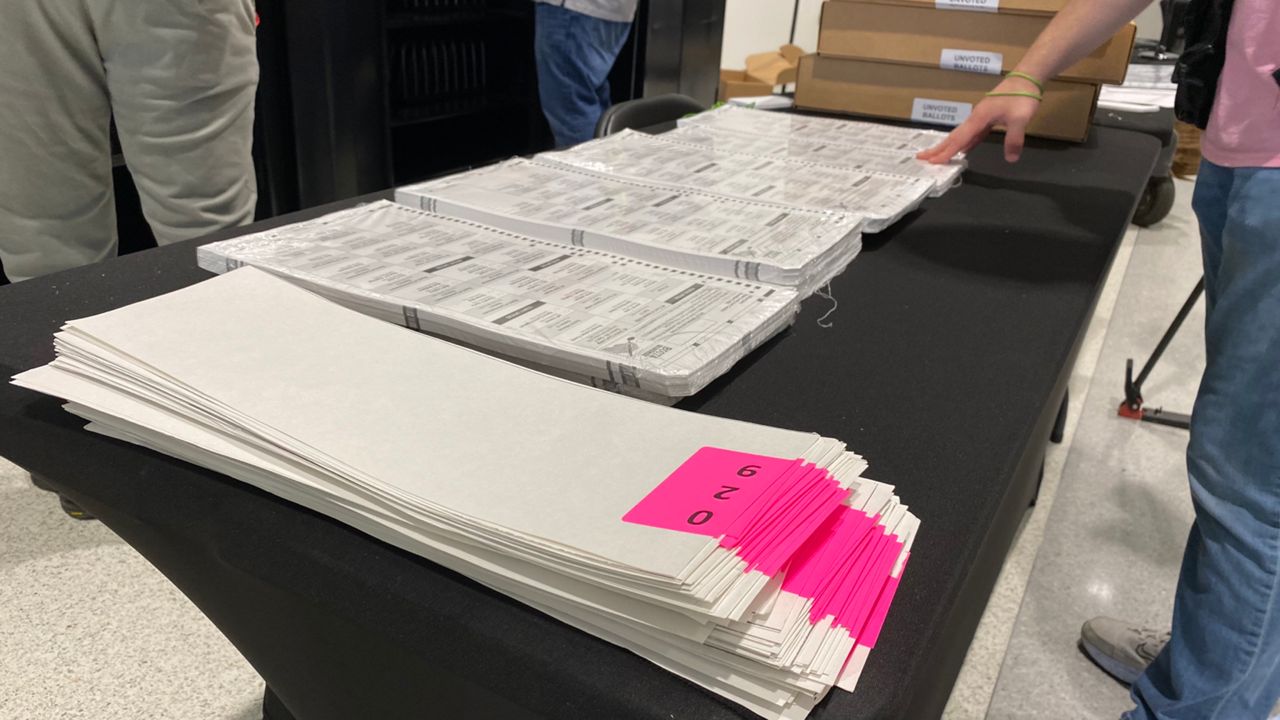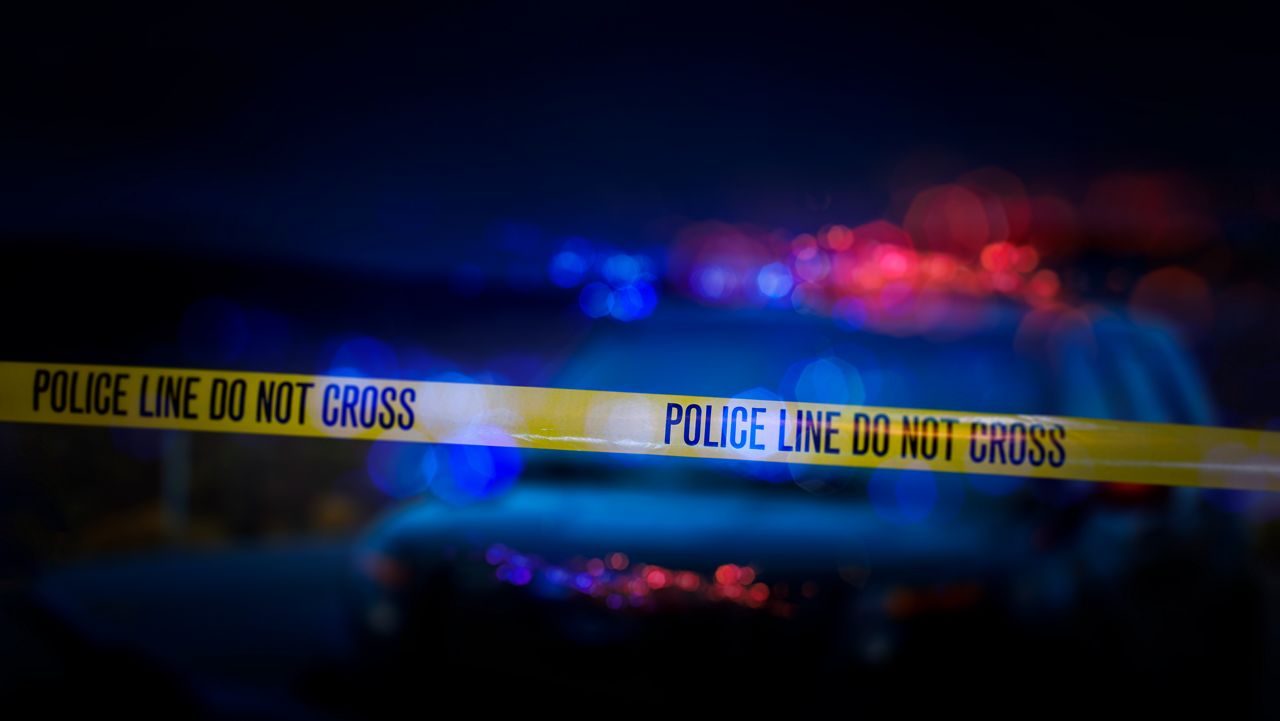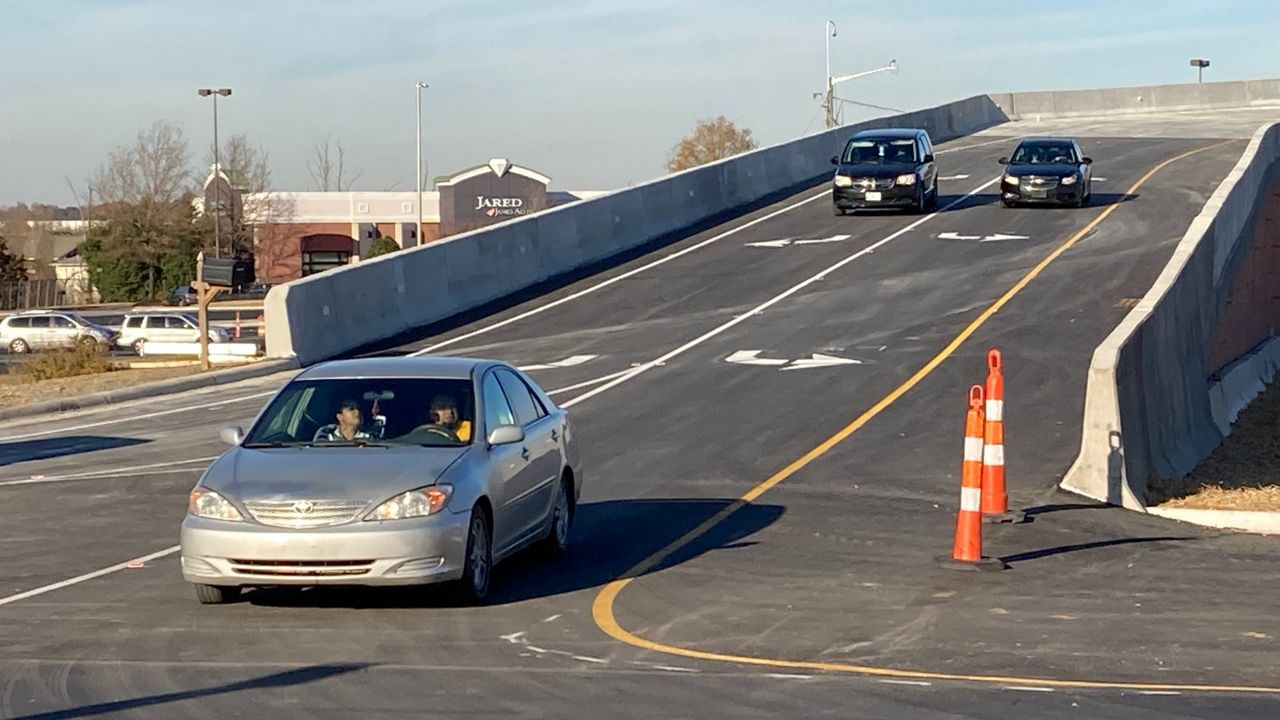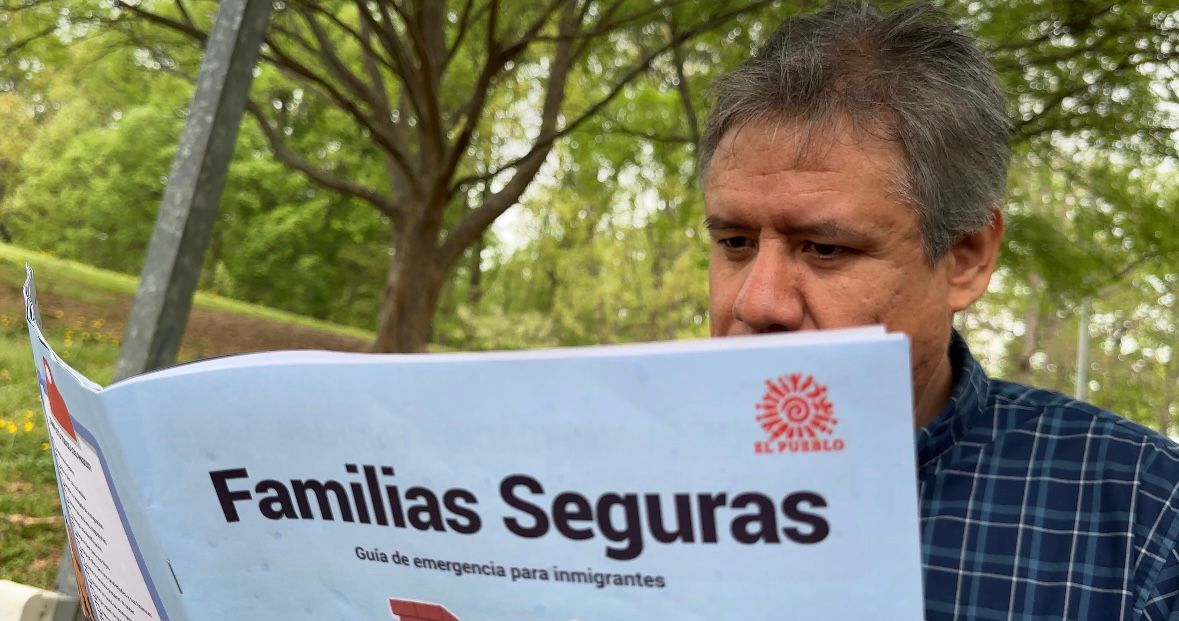Beginning with the 2023 local elections, North Carolina voters will be required to show photo identification to cast a ballot.
A photo ID will be required to vote in-person on Election Day and to cast a ballot during the early voting period. Voters who use mail-in ballots will be required to include a copy of their ID.
Voters will need an active government issued photo ID to vote. That includes:
- Driver’s license or other DMV-issued ID (an out-of-state ID is acceptable for 90 days after moving to North Carolina)
- U.S. passport
- Student identification card for students in community college or a UNC system school (some other school IDs may also be accepted)
- Employee ID card issued by state or local government
- Military identification card
- Veterans Affairs identification card
- Tribal enrollment card
- ID issued by a state or federal agency for public assistance
An expired ID will not be considered valid to cast a ballot. One exception for expired IDs is for people over 65, as long as the ID was not expired on their 65th birthday.
The state board is going through a review process to approve other student and employer-issued ID cards. You can find a full list on the election board’s voter ID page.
People who vote by mail will have to include a photocopy of their photo ID for their vote to count. The types of ID accepted are the same as for in-person voting.
Rules being considered by the North Carolina State Board of Elections say voters will only need to include a copy of the front of their ID. But the copy will have to be good enough to show the voter’s features in the ID.
North Carolina residents can get a free ID card from the DMV. County boards of elections will also begin issuing their own photo ID cards for voters.
The voter ID law allows for some exceptions to showing a photo ID. Those exceptions include if the voter has been in a natural disaster, like a hurricane, within 100 days before an election, and if they have a religious objection to being photographed.
Voters without photo ID can also say they had a “reasonable impediment” to getting suitable identification. Those exceptions include a lack of transportation, disability or illness, missing documents like a birth certificate required to get an ID, work schedule, lost or stolen ID, family responsibilities, or if they applied for an ID but it did not arrive on time. Mail-in voters who cannot get a copy of their ID can also get an exemption.
To get an exemption to the voter ID rule, voters will have to fill out a form saying why they do not have an ID and can cast a provisional ballot. The county board of elections will review the form and decide if the vote can count.
“County boards of elections must count provisional ballots with properly completed ID Exception Forms,” according to the state board.
Until this spring, the courts had blocked a 2018 voter ID law from going into effect. Initially, the North Carolina Supreme Court shot down the law. But a new Republican majority on the state’s highest court decided to revisit the case earlier this year.
The court issued a new ruling in April, reversing its own decision and requiring people to show ID at the polls.
"The people of North Carolina overwhelmingly support voter identification and other efforts to promote greater integrity and confidence in our elections," Justice Phil Berger Jr. wrote in the decision released Friday.
"Plaintiffs here have failed to prove beyond a reasonable doubt that S.B. 824 was enacted with discriminatory intent or that the law actually produces a meaningful disparate impact along racial lines," Berger wrote in the opinion.
The decision split along party lines. The court’s five Republicans supported voter ID and the three Democrats opposed.
Since that April 28 ruling, members of the State Board of Elections have been working to rewrite the rules and prepare North Carolina’s 100 county boards of elections to require voter ID.
The state board is taking public comments until June 23 on two new rules to implement voter ID. The rules govern how photo IDs are verified by precinct officials and rules for how to submit an ID with a mail-in ballot.
Once approved by the State Board of Elections, the rules will need final approval by the Rules Review Commission, a body appointed by the General Assembly to review new state rules.









